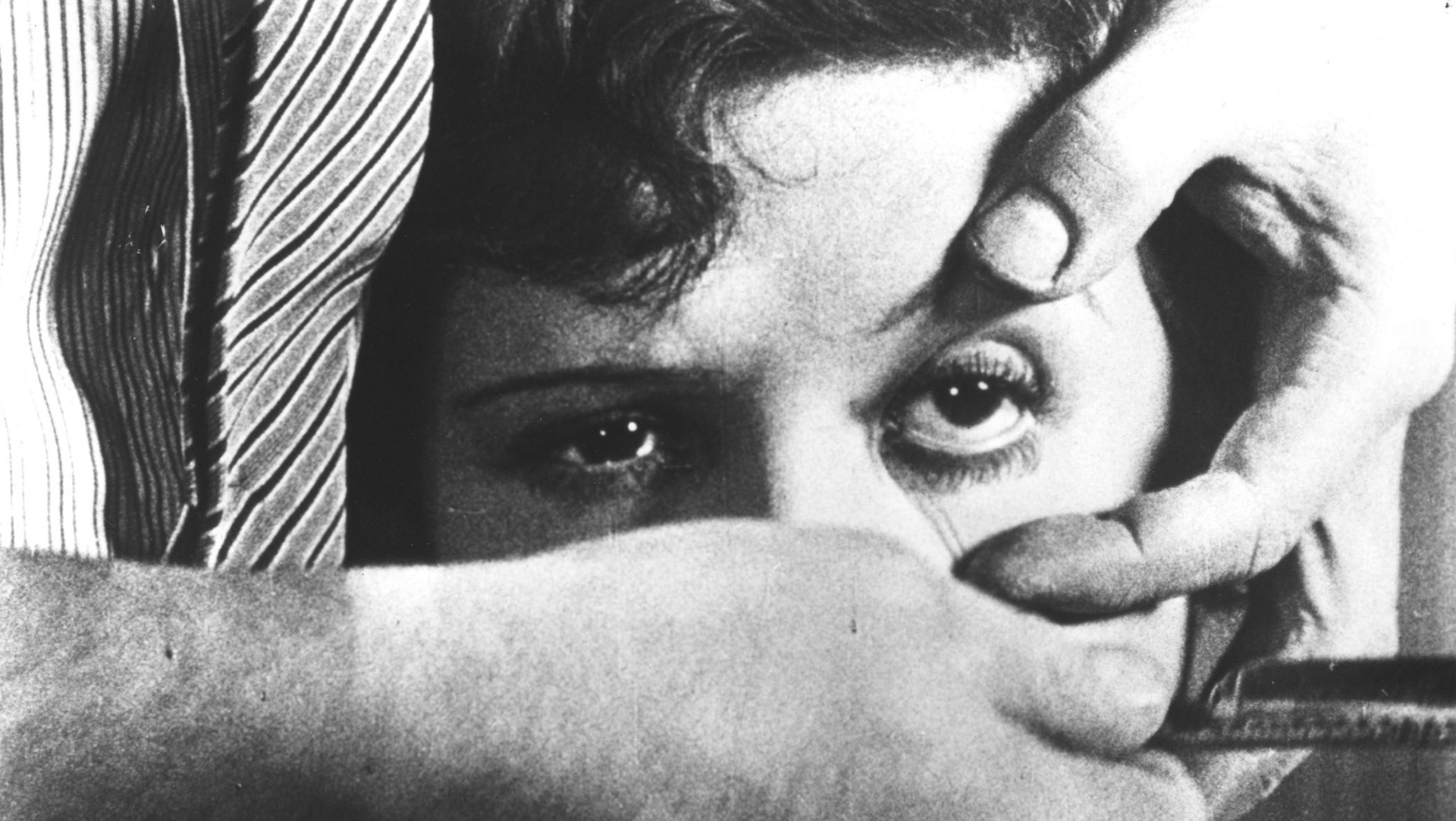“People want to have an easy understanding of a film, whereas with music they don’t have that problem - it’s just an experience. It’s like a dream… You tell your friend a dream and the words fail you but still you know inside … I think people should trust the understanding that comes to them from the experience.”
- David Lynch


David Lynch is one of the most influential filmmakers of our time. His interpretations of dreams, nightmares and the subconscious mind are inspiring for surreal filmmaking. The term ‘Lynchian’ is even coined to describe surreal elements in film. Some of his more well known works include films like Blue Velvet, Eraserhead, Mulholland Drive, Lost Highway, Elephant Man, Dune and the television series Twin Peaks. I binged a bunch of David Lynch films to examine his unique directing style and bizarre storytelling. From what I’ve seen so far, he’s pretty entertaining, super intelligent and weird - my type.
twin peaks (1990)
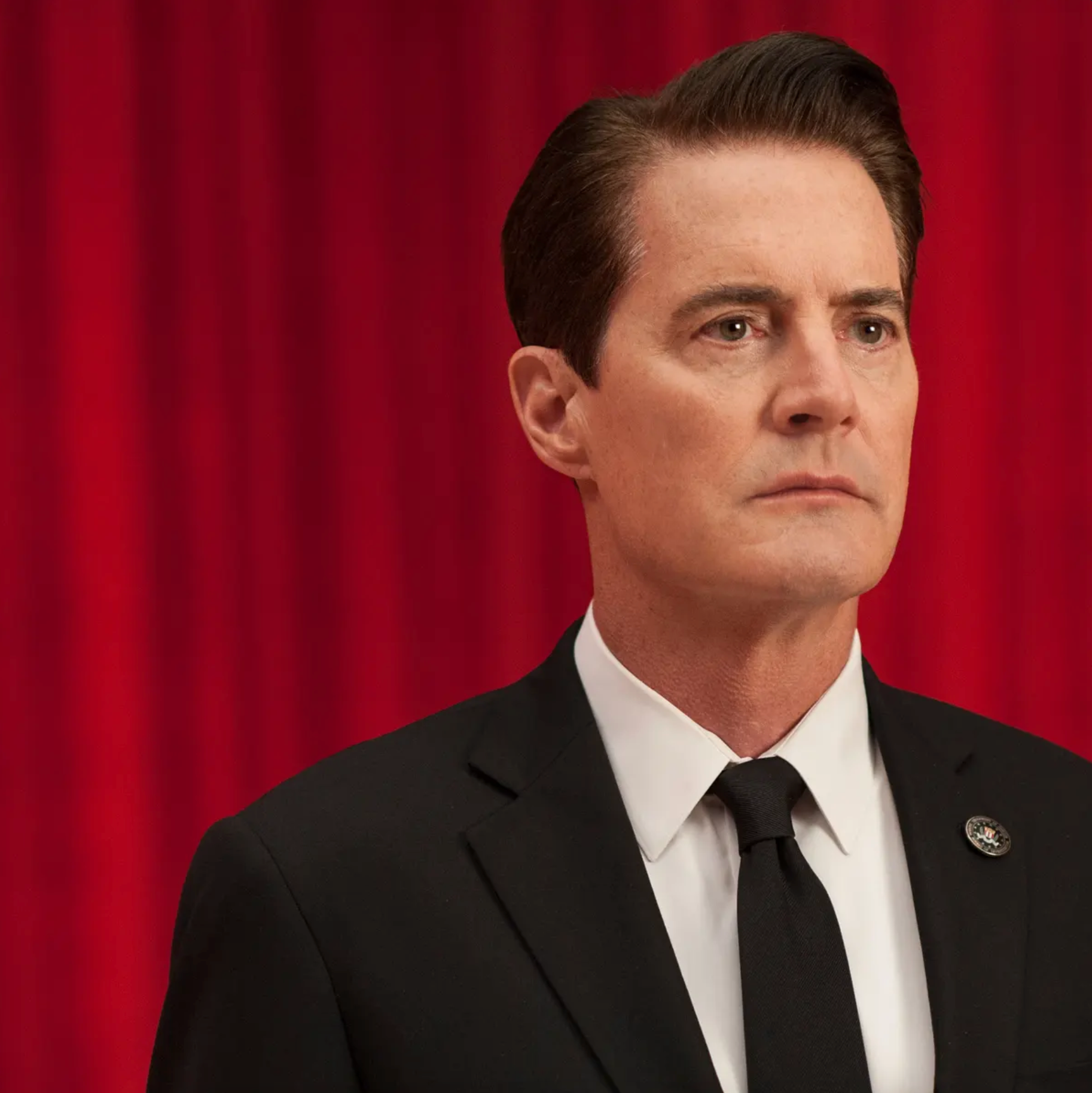
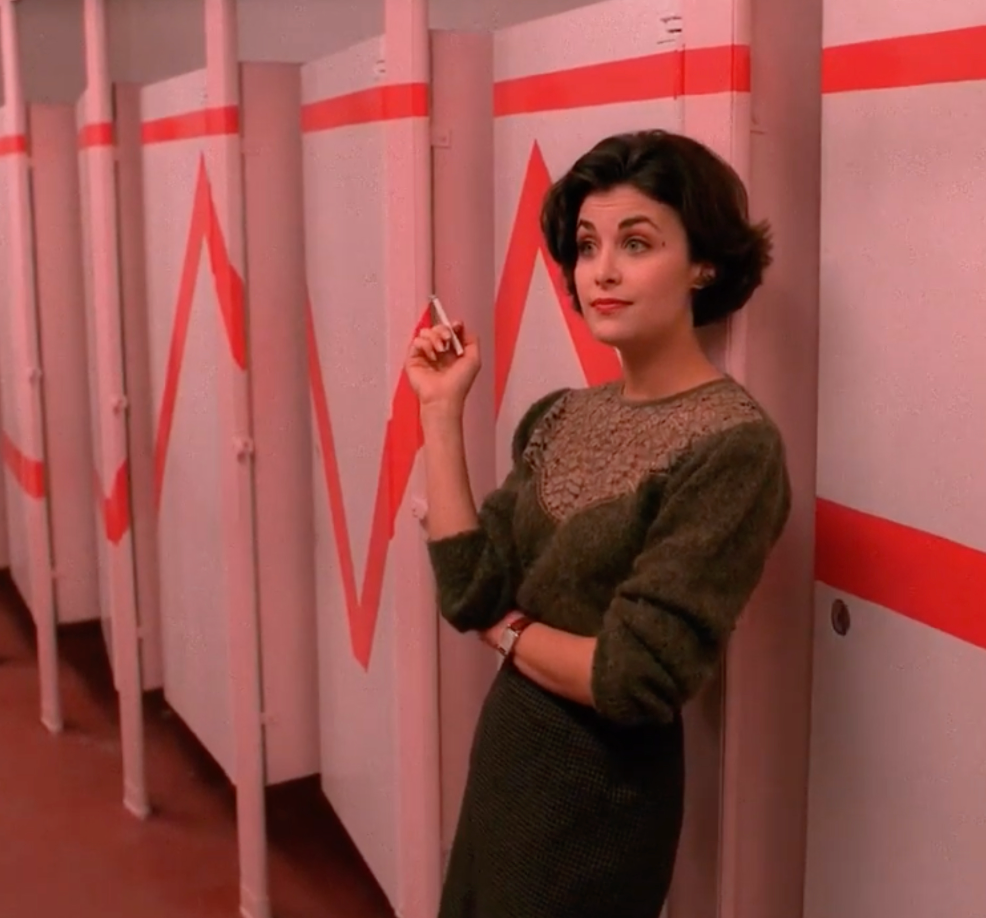
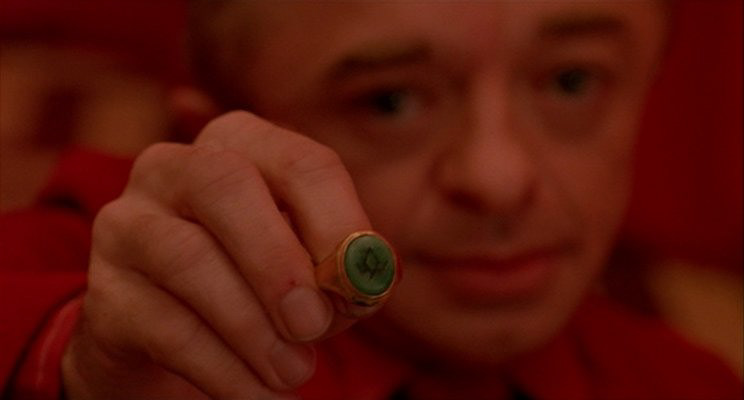
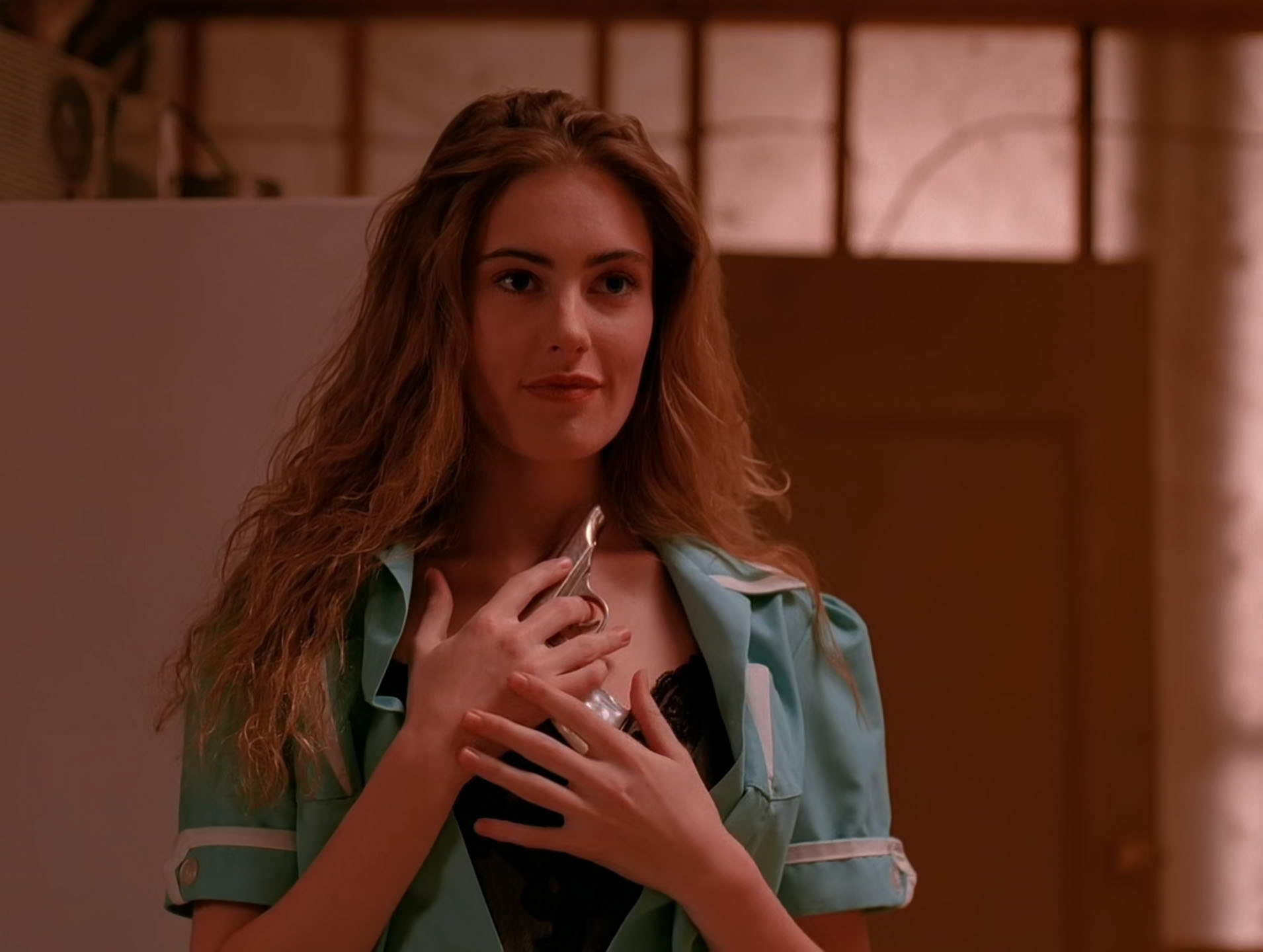
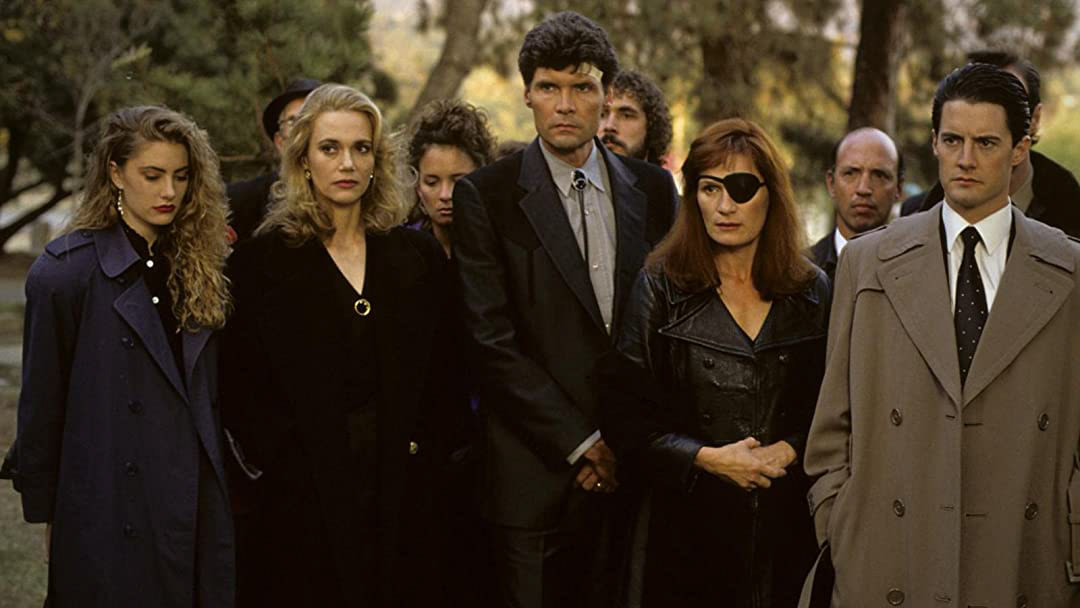
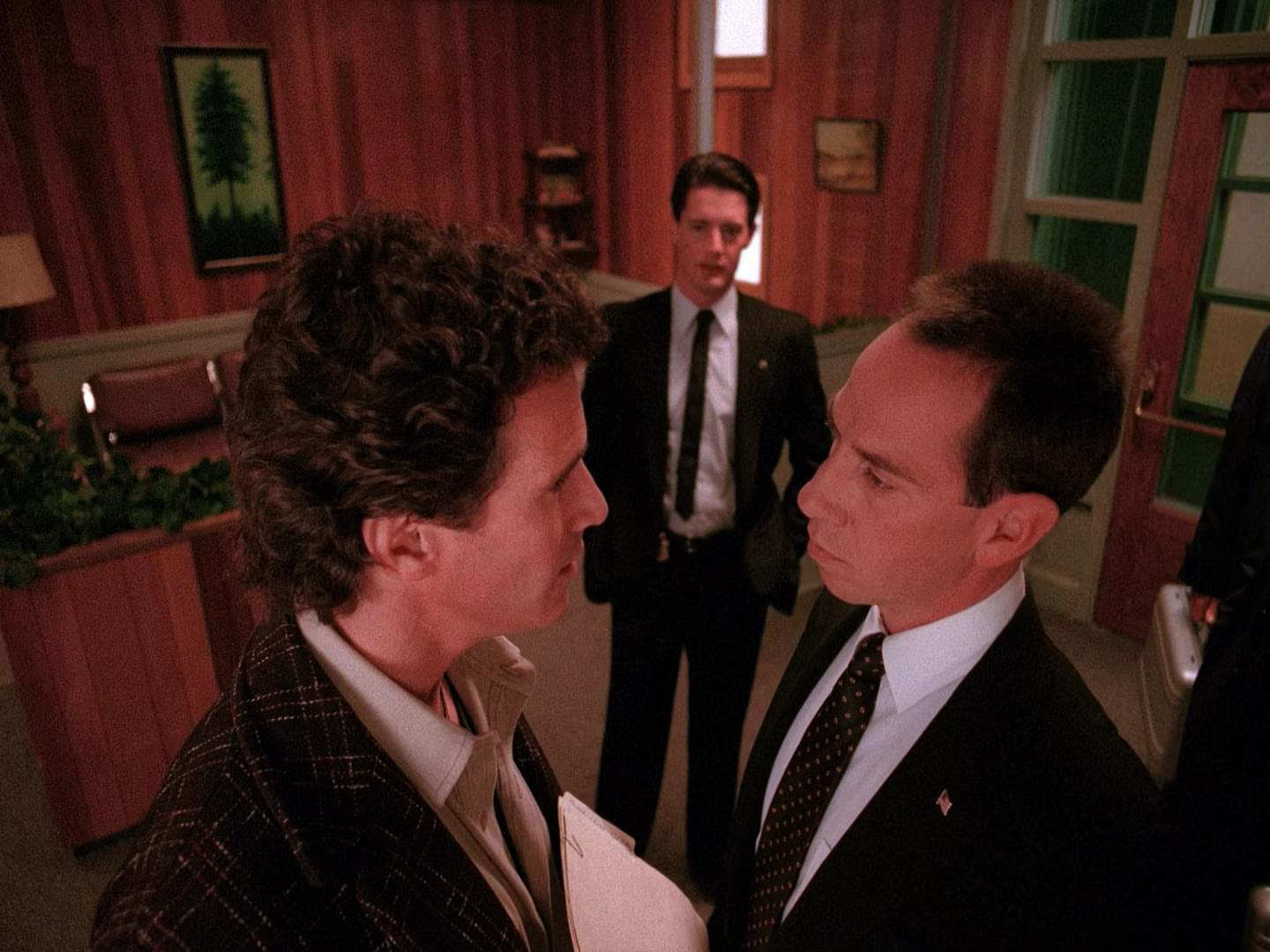
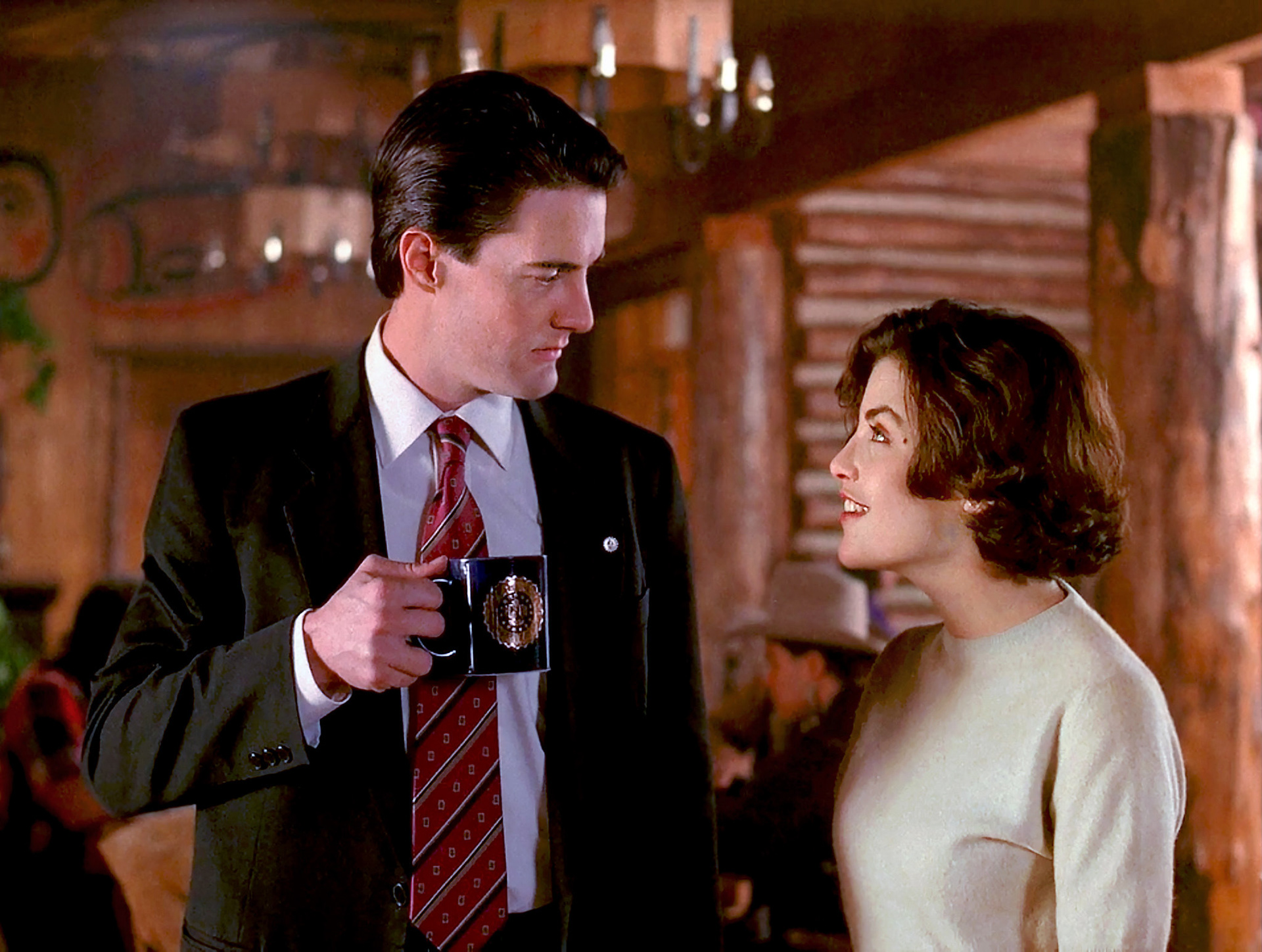
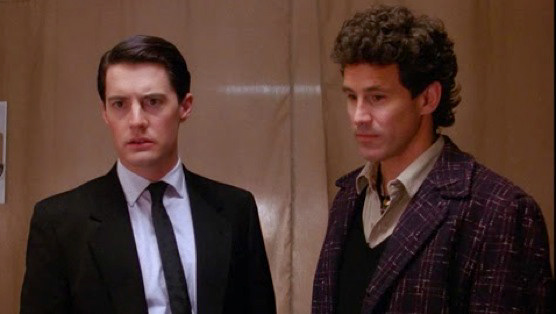
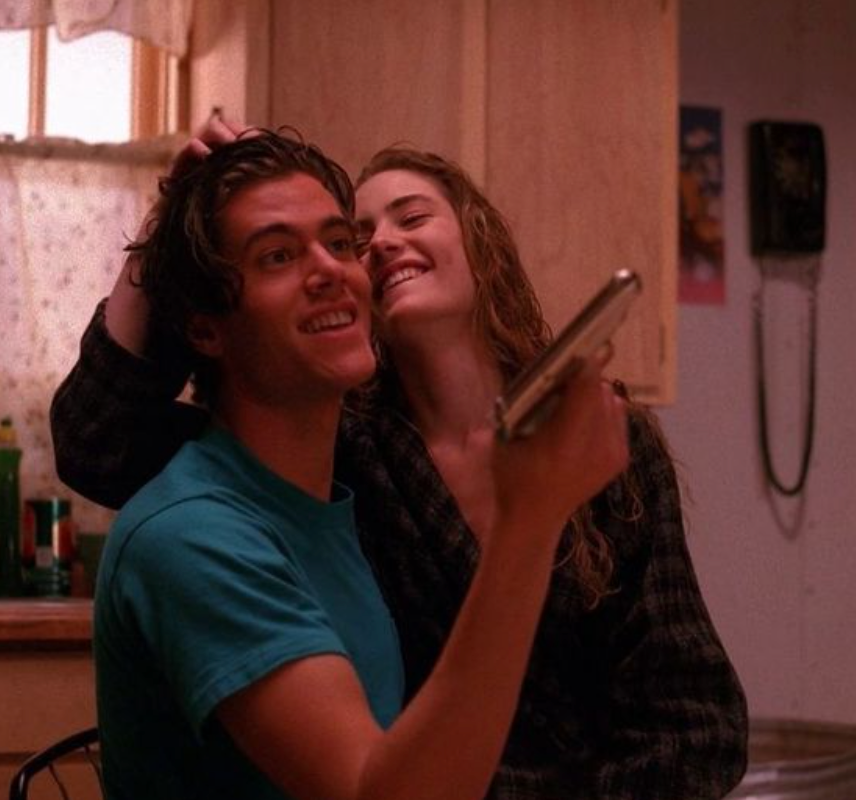
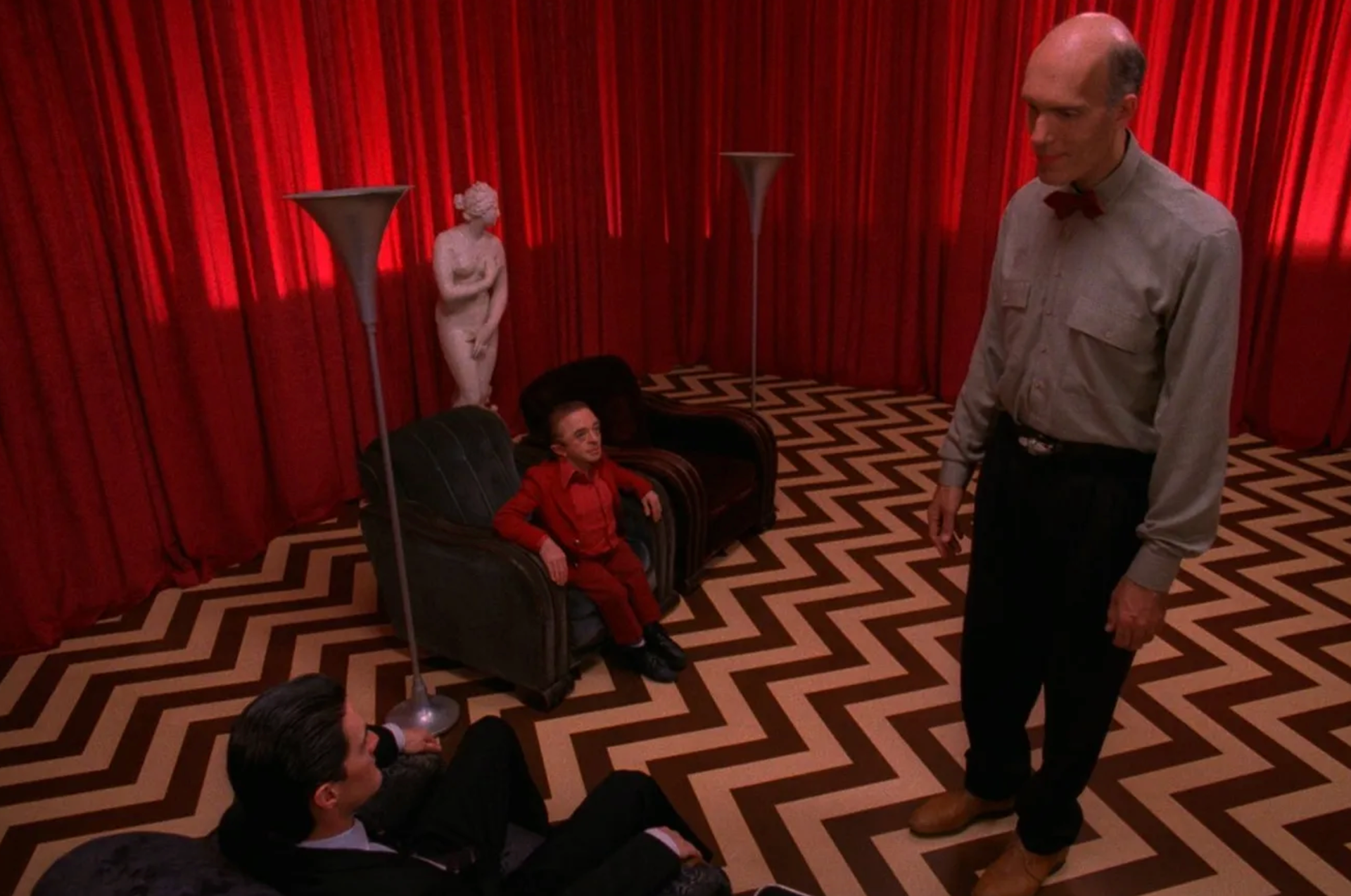
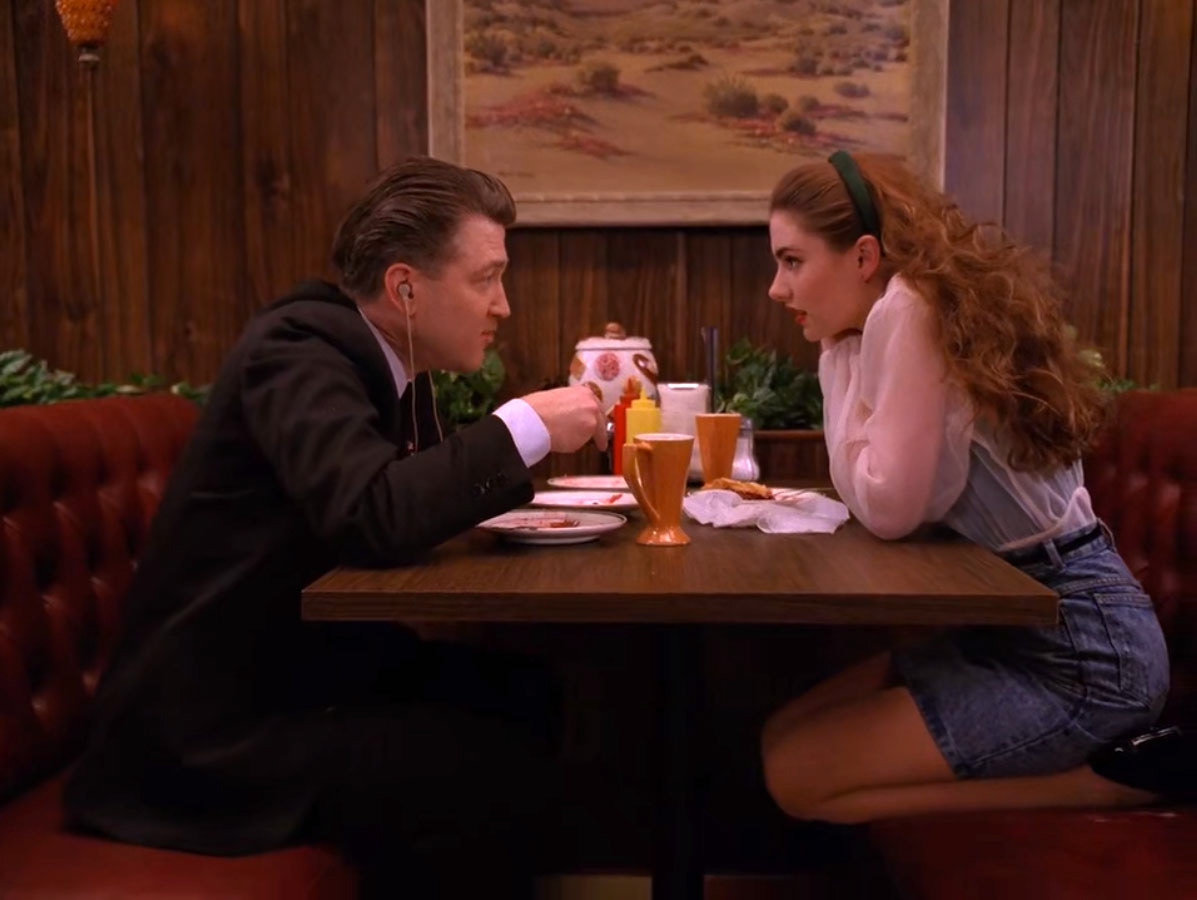
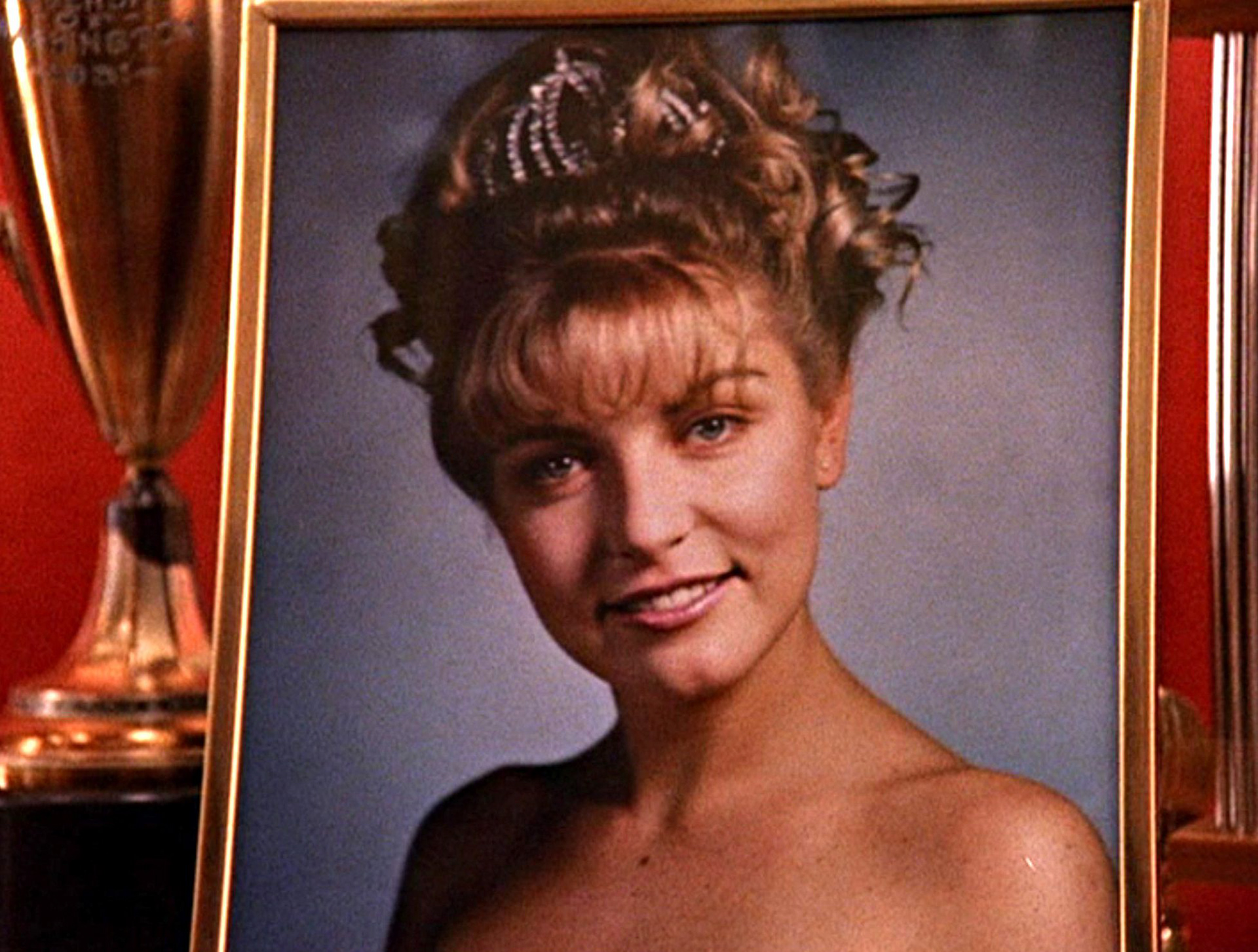
According to MERRIAM WEBSTER “A dream is a succession of images, ideas, emotions and sensations that usually occur involuntarily in the mind during certain stages of sleep. It’s interesting that we spend so much time sleeping and dreaming, but often disregard these visions as part of our reality.
In dreams you have no choice but to accept what you’re seeing and experiencing. There is little to no way of interfering, you are the sole observer. Lynch has an incredible way of capturing what a dream feels like with his imagery, pacing and ambiguity on screen. For me, the dream sequences directed by Lynch that stand out include the film Eraserhead and the TV show Twin Peaks.
Let me start by saying, Twin Peaks is a cool show and today it’s usually talked about alongside Donald Glover’s Atlanta. Twin Peaks was created by Mark Frost and David Lynch in 1990 and ran for 2 seasons. Some surreal elements of this show include the off-ness of the town, the quirky characters, random outbursts and the overall uncanny vibes.
Twin Peaks is a classic David Lynch story; it’s a murder mystery set in a fictional small town, Twin Peaks. FBI Agent Dale Cooper, played by Kyle MacLachlan, comes into town to help the local Sheriff solve the murder of Laura Palmer. Agent Cooper is an interesting guy and has a keen sense for clues and strong intuition. In Season 1 Episode 3, he has a dream…in it a little man and Laura Palmer provide Cooper with the clues of Laura’s murder for the rest of the season, but of course none of it makes sense.
When the characters spoke, each word was spoken in reverse and played forward again…this created an unreal sound requiring subtitles. Like a dream, the appearance of everything in the scene was realistic but just a little off. In a dream these things are accepted and make sense with little to no question in the moment. Other weird stuff happened and there are a ton of interpretations for the details in this scene, but overall it really captured what a dream can look like. This dream sequence was a pivotal point in the series as it was in this moment the show became something more than ordinary.
In the following episode, Agent Cooper recalls his dream to his team. He remembered and accounted for nearly every detail, even down to the random dialogue and visual appearance of those in the dream. However, he couldn’t remember the most important detail - who killed Laura (in the dream Laura whispered who killed her). I think Lynch wanted to show how complex dreams are to remember and interpret, you’ll remember minor details and the strange things, but there are holes. Most of the time dreams don’t make sense and are easily forgotten. Did Lynch want to show that this is what happens with dreams? Did he want to show that we forget important elements when we wake up and are conscious again? Or, did he just need to further the plot by leaving that detail out so early in the series? I guess both.
Twin Peaks is a dope show, it has Lynch’s stamp all over it. The first half of the series ate and the second half fell a little flat, but the ending made it worth it. The use of surrealism is original and pretty weird, but very Lynch.
ERASERHEAD (1977)
A FEVER DREAM
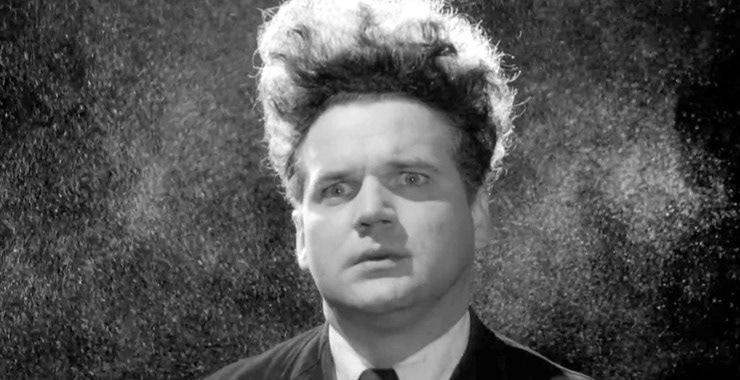
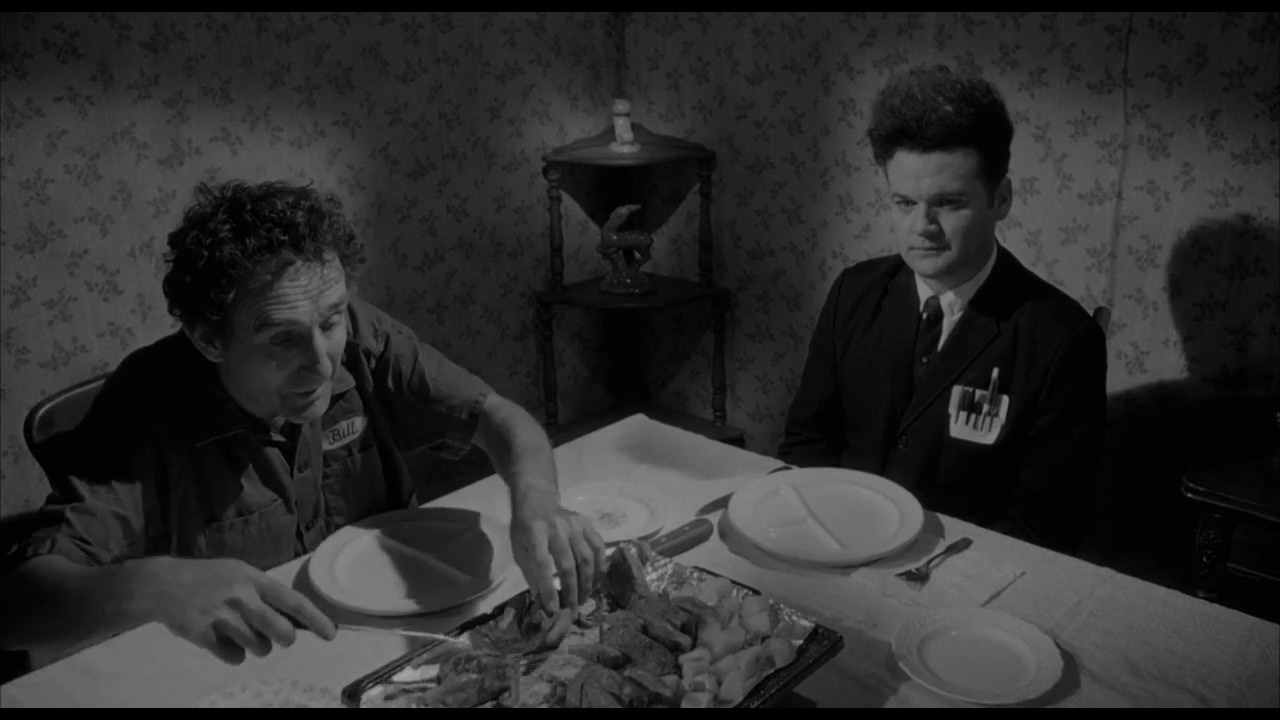
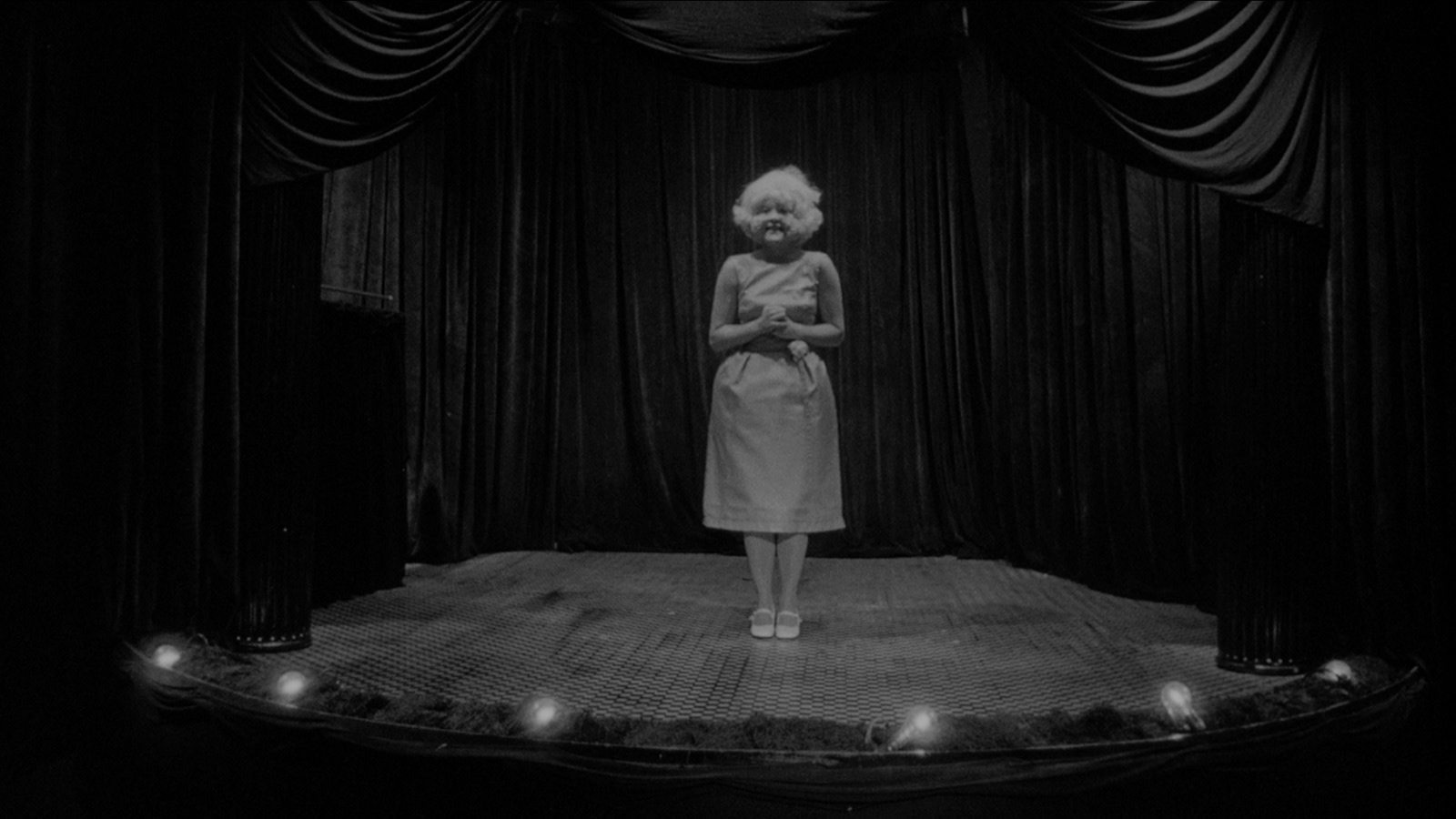

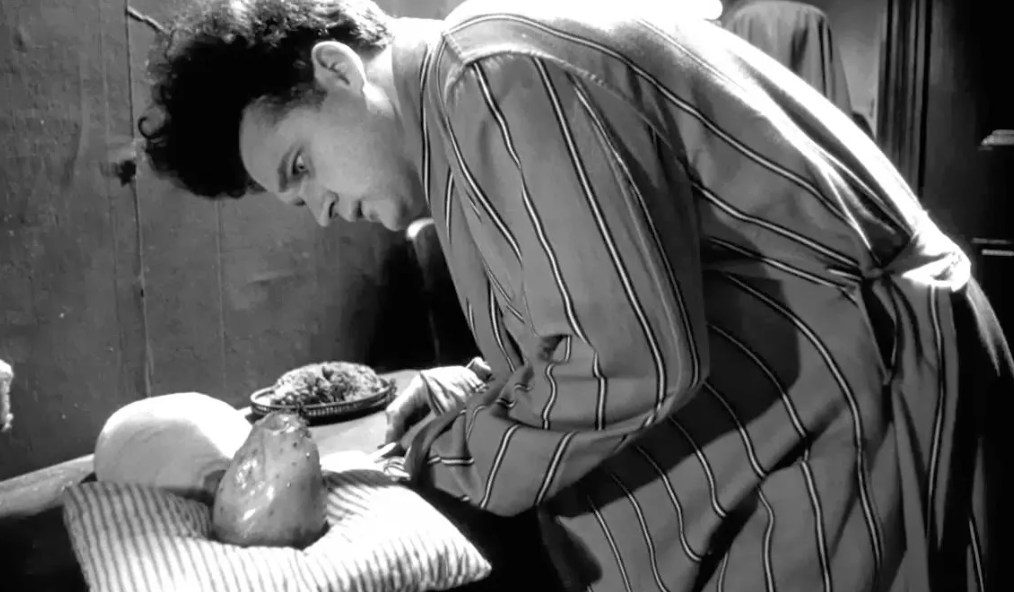
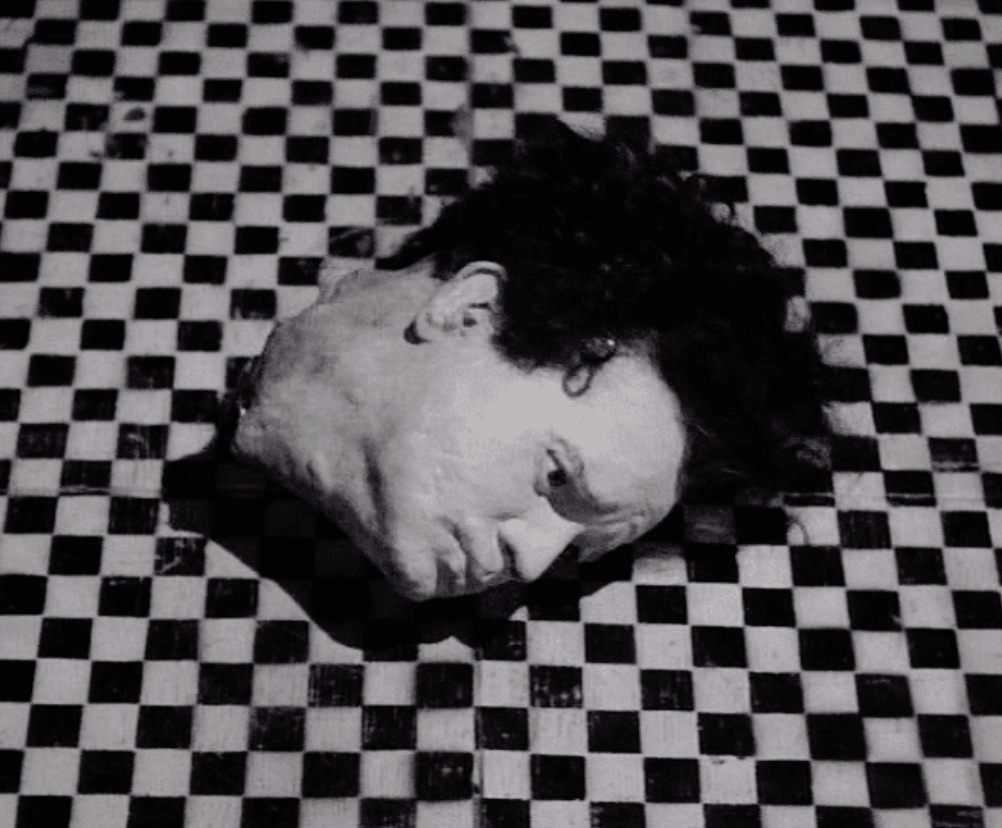
Eraserhead is Lynch’s debut feature length project. During its release, it was not popular and had poor reviews. Now, it’s an iconic cult film that developed in the midnight movie scene.
Eraserhead is … so weird. This film is nothing less than interpretive and doesn’t have a definitive answer for what anything means. Overall whatever it is you take from it, is correct. Lynch mentioned that Eraserhead was “the most spiritual movie he has ever made” and stands by the notion that any interpretation from the viewer is valid. The film does a good job of showcasing anxiety in the subconscious and most of the scenes are not to be taken literally. With the twisted imagery and uncomfortable sequences, it honestly felt like watching a fever dream.
It is a story about a man, Henry Spencer, who has just become a father to this ET-looking baby with his girlfriend, Mary. He goes through the anxieties of parenthood and struggles to care for the newborn who is constantly crying and always looks sick. In the film, he experiences things such as dinner with his girlfriend’s family (which is super uncomfortable), lust for his next door neighbor, and his own ‘nightmares’ of death calling him. It's a lot. Lynch did a great job of creating an original story that really felt like a bad dream. Most things didn’t make sense, yet you can still follow the story. lt feels like you are watching Henry live out his intrusive thoughts while desperately trying to find meaning in it. The film is filled solely with dream logic and like the audience, Henry seems to be unable to do much about it. He observes and lives the nightmare.
As the film progresses, it becomes more surreal. Just like our dreams, they often start out seemingly real and increasingly become more distant from reality. Throughout the film there is an eerie howling wind in the background furthering the illusion of this dreamworld. There are unnatural objects sprinkled throughout such as plants without pots, pools of liquid in the bed, odd sexual encounters, sperm-like creatures…everywhere. And wait until you find out why it’s called Eraserhead.
I wanted to quickly touch on the character referred to as The Lady in the Radiator. She seems to appear within Henry’s dreams and serves to represent the way out of this nightmare, death. She constantly sings a song persuading Henry to escape his nightmare by walking into death. It’s pretty morbid. The idea of death being the solution to these self inflicting nightmares is also apparent in Lynch’s film Mulholland Drive and earlier in Federico Fellini’s 8 ½.
The surrealism in Eraserhead works to personify different emotions and like themes. The feelings of anxiety along with depression, hopelessness and fear are all wrapped in this crazy ass film.




